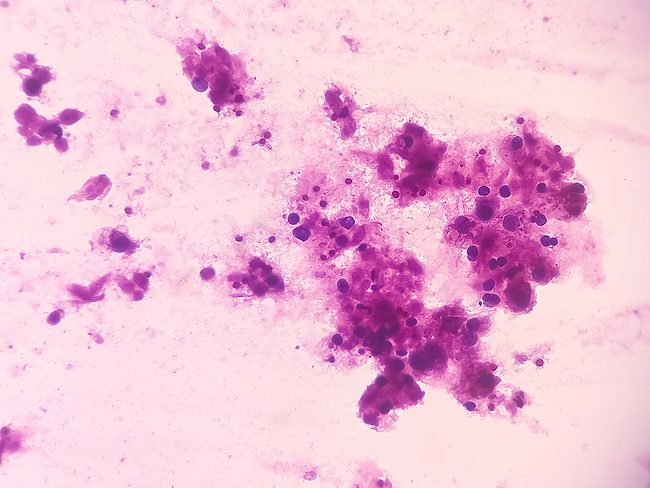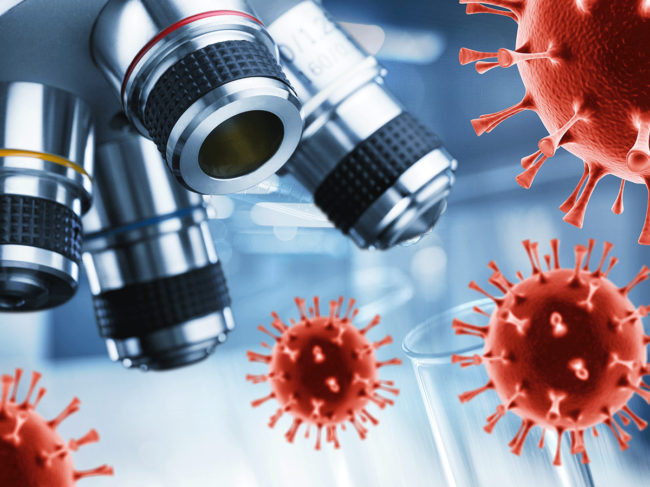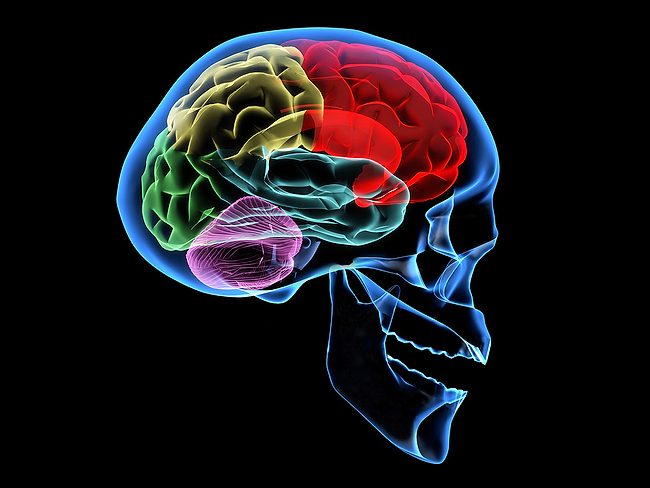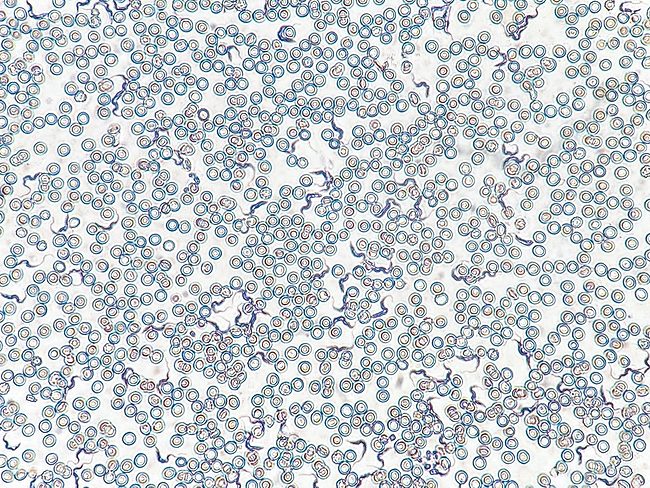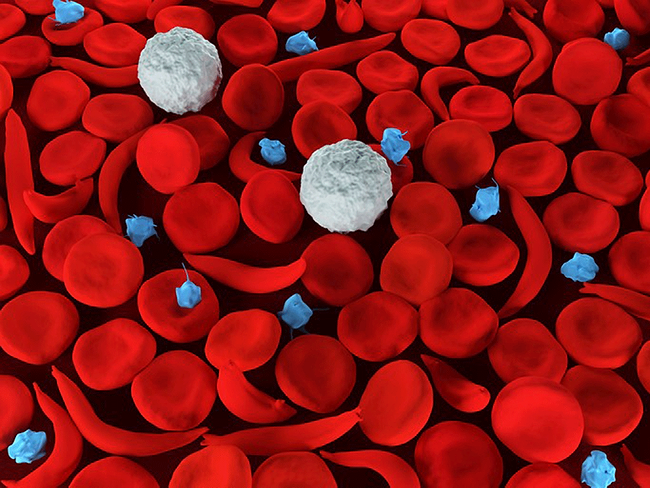
- BioWorld
- BioWorld MedTech
- BioWorld Asia
- BioWorld Science
- Data Snapshots
- Special reports
- Infographics: Dynamic digital data analysis
- Trump administration impacts
- Biopharma M&A scorecard
- BioWorld 2024 review
- BioWorld MedTech 2024 review
- BioWorld Science 2024 review
- Women's health
- China's GLP-1 landscape
- PFA re-energizes afib market
- China CAR T
- Alzheimer's disease
- Israel
- Rise of obesity
- Radiopharmaceuticals
- Biosimilars
- Aging
- IVDs on the rise
- Coronavirus
- Artificial intelligence
ARTICLES
Infection
Complement dysregulation is key feature of severe COVID-19
Aug. 24, 2023
By Helen Albert
Neurology/Psychiatric
Gene therapy shows early promise for treating severe alcohol addiction
Aug. 18, 2023
By Helen Albert
Neurology/Psychiatric
Skull bone composition plays important role in brain health
Aug. 11, 2023
By Helen Albert
Infection
Muscle loss during parasite infection may play beneficial role
July 28, 2023
By Helen Albert
Neurology/Psychiatric
Loss of contact between mitochondria and lysosomes contributes to genetic Parkinson’s disease
July 21, 2023
By Helen Albert
Gastrointestinal
Research highlights cellular pathway in celiac disease
July 17, 2023
By Helen Albert
Genetic/Congenital
Base editing could be more potent than CRISPR-Cas9 for treating hemoglobinopathies
July 10, 2023
By Helen Albert
Endocrine/Metabolic
ESHG 2023: Base- and prime-editing approaches to treating phenylketonuria show early promise
June 15, 2023
By Helen Albert
- BioWorld
- BioWorld MedTech
- BioWorld Asia
- BioWorld Science
- Data Snapshots
- Special reports
- Infographics: Dynamic digital data analysis
- Trump administration impacts
- Biopharma M&A scorecard
- BioWorld 2024 review
- BioWorld MedTech 2024 review
- BioWorld Science 2024 review
- Women's health
- China's GLP-1 landscape
- PFA re-energizes afib market
- China CAR T
- Alzheimer's disease
- Israel
- Rise of obesity
- Radiopharmaceuticals
- Biosimilars
- Aging
- IVDs on the rise
- Coronavirus
- Artificial intelligence
